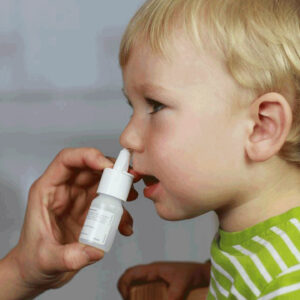
01
Easy Home Remedies to Get Rid of Under Arm Body Odor
Body odor, specifically underarm body odor, is caused by sweat produced by the apocrine glands. Apocrine glands are present, in large numbers, in the armpit. The sweat produced by apocrine glands mixes with the bacteria on the skin and results in body odor. Often offensive in nature, underarm body odor not only hampers one’s confidence but also has a negative impact on the way a person carries themselves. To be able to treat underarm body odor effectively, it is first important to know how underarm body odor occurs. Not only sweat secretion by apocrine glands causes body odor but also poor hygiene, and insufficient bathing are known to cause the bad odor. To prevent extreme sweating and underarm body odor, stick to the following home remedies that can be easily followed to keep the skin clean and fresh. Shaving your underarms – Hairy underarms can create a moist environment, thus creating a breeding ground for bacteria. Since human hair is porous, it absorbs the odor, thus causing slow evaporation of body sweat. It traps odorants located in the armpits, thus causing it to smell. To get rid of underarm body order, the first step is to shave the underarms so that the bacteria is not trapped in the armpits. Applying vinegar – Vinegar, especially apple cider vinegar, also known as ACV, helps in lowering the pH level of the skin. Because of the acidity in the vinegar, bacteria are unable to survive. Splashing a little apple cider vinegar in your armpits help dissipate the body odor and kills the bacteria causing body odor. However, remember not to use vinegar on freshly shaved armpits as it can cause irritation on the broken skin. Using witch hazel – A natural sterilizer, witch hazel is a natural antiseptic that is known to reduce the Ph level of the skin thus reducing underarm body odor.
Read More 










